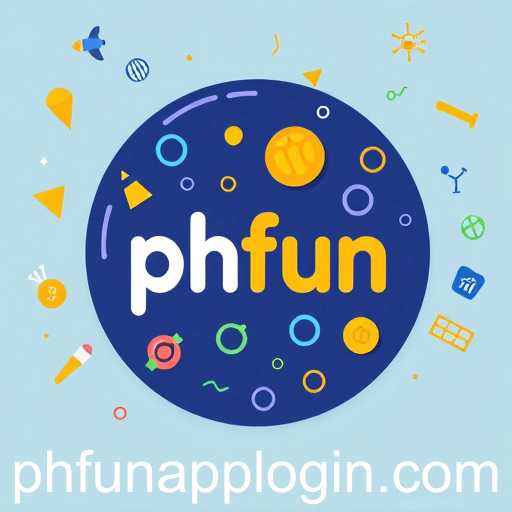In today's digital age, where learning and entertainment often go hand in hand, the 'Vocabulary Builder' game category has emerged as a prominent tool for both educators and learners. This category is designed to enhance vocabulary skills, making the process not just educational but also highly engaging. What sets this category apart is its innovative use of the keyword 'phfun'. But what exactly is 'phfun' and how does it transform traditional vocabulary exercises into dynamic learning experiences?
The 'Vocabulary Builder' games employ the concept of 'phfun' - a portmanteau of 'phonetics' and 'fun' - to create a playful learning environment. By embedding phonetic challenges into games, players engage with language at a more intrinsic level. This dual focus on sound and enjoyment facilitates a deeper understanding of word pronunciation and usage, appealing especially to young learners and those new to the language.
One notable feature of these games is their ability to adapt to various skill levels. Whether you're an ESL (English as a Second Language) student looking to expand your lexicon or a native speaker seeking a fun mental workout, these games provide tailored experiences for all users. Players are often required to complete challenges, fill in blanks, or match synonyms, enhancing their linguistic capabilities while progressing through game levels.
Beyond individual learning, 'Vocabulary Builder' games also foster social interaction. Multiplayer options and community leaderboards encourage competition and collaboration, motivating players to improve through friendly rivalry. This social aspect not only enhances the enjoyment quotient but also instills a healthy sense of challenge among peers.
Furthermore, the benefits of playing these games extend into educational settings. Teachers have embraced 'Vocabulary Builder' games as supplementary tools within their curriculum, finding that students respond positively to the interactive nature of learning. The games' incorporation of fun phonetic elements aligns seamlessly with curricular goals, allowing educators to evaluate and refine their teaching methods.
In summary, the 'Vocabulary Builder' game category, with 'phfun' as its driving theme, represents a significant advancement in language learning. By merging phonetic education with entertaining gameplay, it provides a well-rounded approach to vocabulary enhancement. Players and students alike are not only able to learn new words but do so with enthusiasm and engagement, illustrating the powerful role digital tools play in modern education. As more titles are developed and the mechanics become even more sophisticated, the future looks bright for this exciting educational genre.








